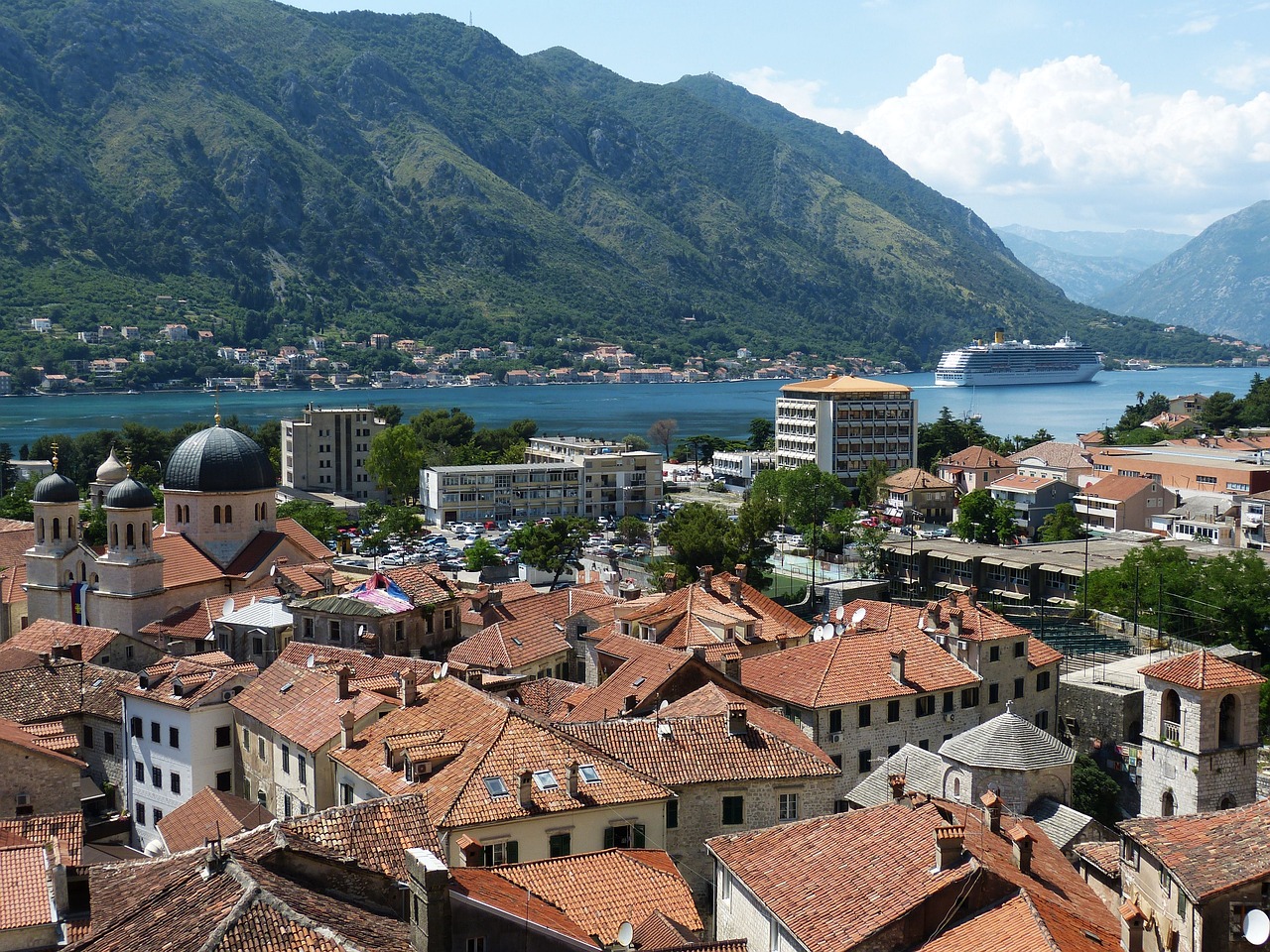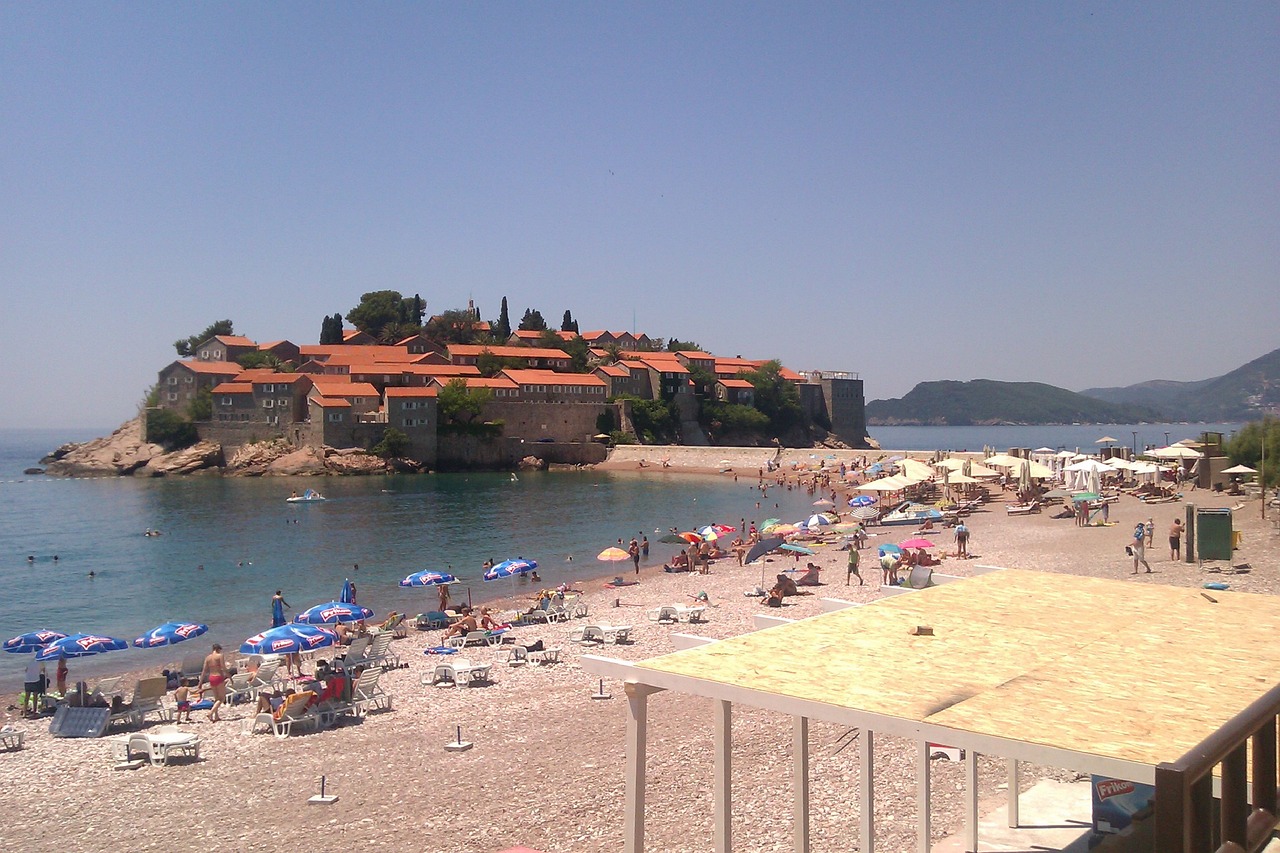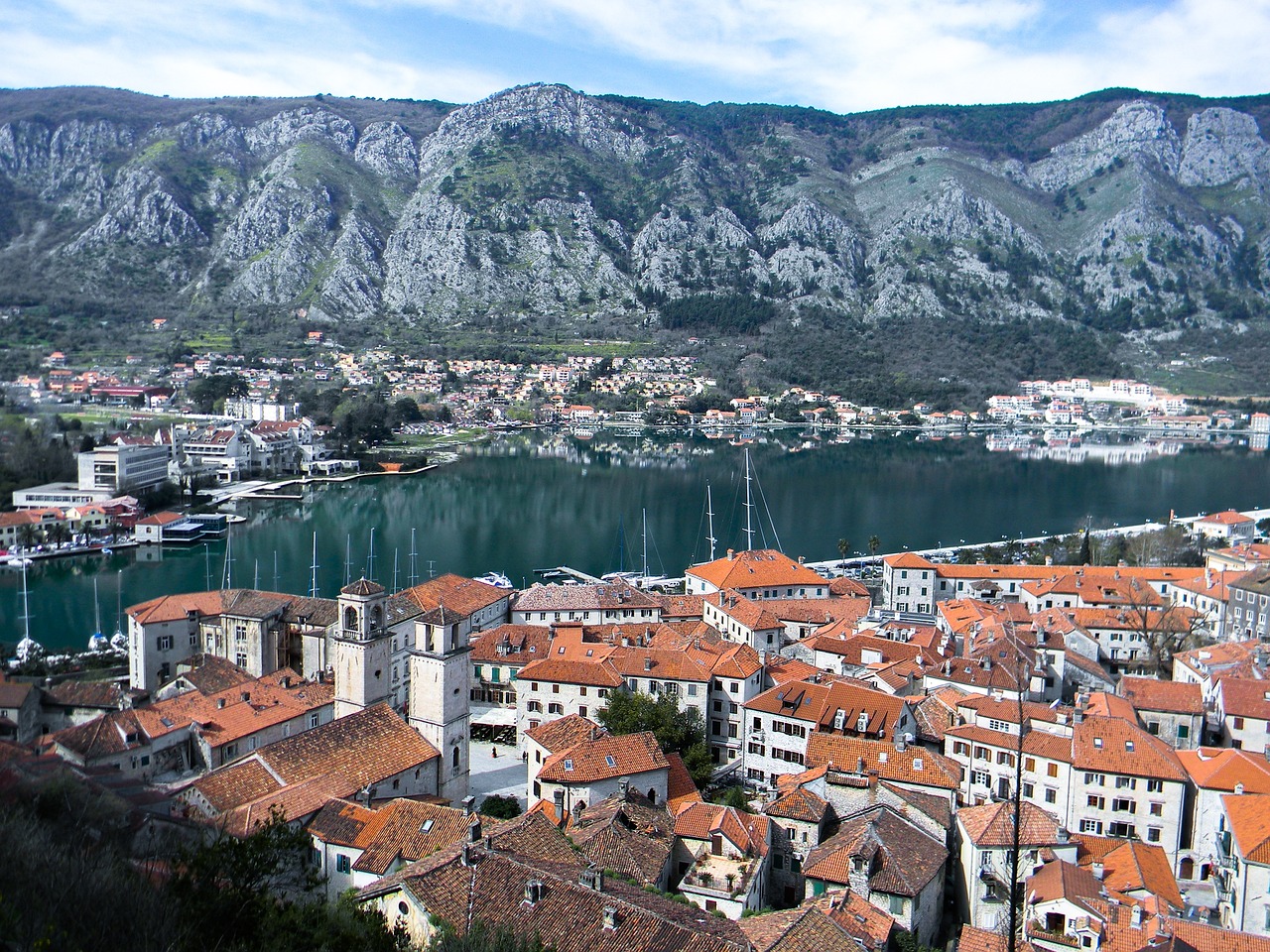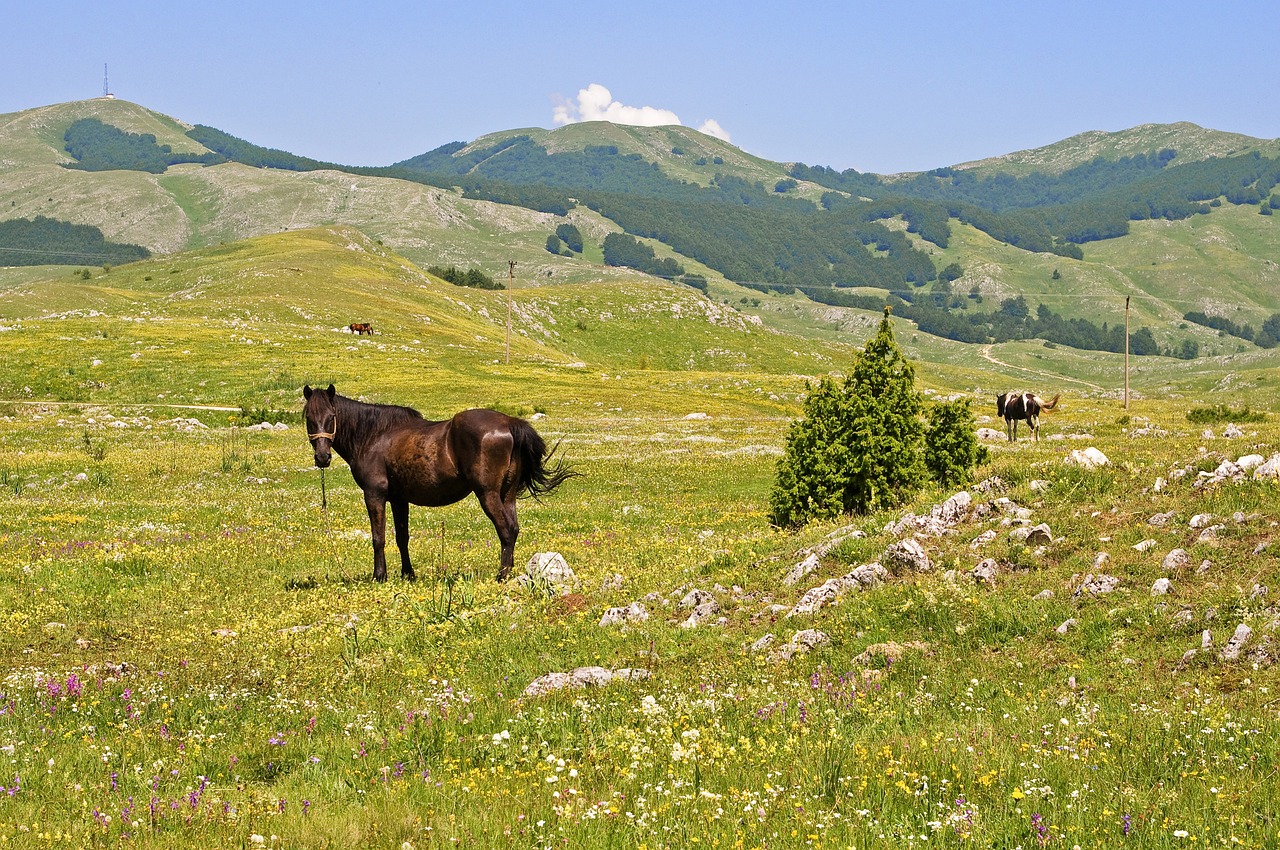Montenegro Video
Cultural Sensitivities: Understanding Local Norms in Montenegro
Montenegro, a picturesque country in Southeastern Europe, is known for its stunning landscapes, rich history, and vibrant culture. As a traveler, it is essential to be aware of the cultural sensitivities and local norms to ensure a respectful and enjoyable experience. This article aims to provide a comprehensive understanding of the cultural nuances in Montenegro, covering various aspects from greetings to dining etiquette. By following these guidelines, you can navigate the local customs with confidence and foster meaningful connections with the people of Montenegro.
Greetings and Etiquette
When meeting someone in Montenegro, it is customary to greet them with a handshake, accompanied by direct eye contact and a warm smile. Montenegrins value personal connections, so taking the time to exchange pleasantries is essential. It is also common for men to greet each other with a hug or a pat on the back. When addressing someone, it is polite to use their title and last name unless invited to use their first name.
- Handshakes: Initiate a handshake when meeting someone new, maintaining eye contact and a friendly smile.
- Personal Space: Montenegrins appreciate personal space, so avoid standing too close or touching someone unless you have a close relationship.
- Titles and Last Names: Show respect by using titles and last names when addressing individuals, unless given permission to use their first name.
- Greetings between Friends: Friends may greet each other with a hug or a pat on the back.
Religion and Customs
Montenegro has a diverse religious landscape, with the majority of the population identifying as Orthodox Christians. It is important to be respectful of religious practices and customs while visiting religious sites or attending ceremonies. Dress modestly and remove your shoes when entering churches or monasteries. Avoid taking photographs unless permitted, and maintain a quiet and solemn demeanor.
- Religious Sites: When visiting churches or monasteries, dress modestly and remove your shoes before entering.
- Photography: Respect the rules of each religious site regarding photography, and avoid taking pictures without permission.
- Quiet and Respectful Behavior: Maintain a quiet and solemn demeanor while inside religious sites.
- Religious Festivals: If you have the opportunity to witness a religious festival or ceremony, observe and participate respectfully.
Food and Dining Etiquette
Montenegrin cuisine is a delightful blend of Mediterranean and Balkan flavors. When invited to a Montenegrin home for a meal, it is customary to bring a small gift, such as flowers or a bottle of wine. During the meal, wait for the host to initiate the first bite and follow their lead. It is polite to try a bit of everything and express your appreciation for the food. Keep in mind that Montenegrins take their time during meals, so avoid rushing or leaving the table too quickly.
- Gifts: When invited to a Montenegrin home, bring a small gift for the host, such as flowers or a bottle of wine.
- Seating Arrangements: Wait for the host to indicate where you should sit at the dining table.
- Table Manners: Follow the host’s lead when it comes to starting the meal, and try a bit of everything to show appreciation.
- Meal Duration: Montenegrins enjoy long, leisurely meals, so avoid rushing or leaving the table too quickly.
Gender Roles and Social Interactions
In Montenegro, traditional gender roles are still prevalent, with men often taking on more assertive and dominant roles in social interactions. However, the younger generation is more progressive and open-minded. When engaging in conversations, be mindful of the cultural context and adapt your behavior accordingly. It is also important to respect personal boundaries and avoid making assumptions based on gender.
- Gender Roles: Traditional gender roles are still prominent, with men often assuming more assertive roles.
- Adapting to Context: Be mindful of the cultural context when engaging in conversations and adjust your behavior accordingly.
- Respect Personal Boundaries: Avoid making assumptions based on gender and respect personal boundaries in social interactions.
- Younger Generation: The younger generation in Montenegro is more progressive and open-minded, embracing equality and diversity.
Traditions and Festivals
Montenegro is rich in traditions and festivals, offering a glimpse into the country’s cultural heritage. One notable festival is the Kotor Carnival, a vibrant event filled with colorful costumes, music, and dance. The Njegos Mausoleum, dedicated to the renowned poet and ruler Petar II Petrovic-Njegos, is an important cultural site with deep historical significance. Exploring these traditions and festivals allows visitors to immerse themselves in Montenegro’s unique cultural tapestry.
- Kotor Carnival: Experience the lively Kotor Carnival, filled with colorful costumes, music, and dance.
- Njegos Mausoleum: Visit the Njegos Mausoleum, an important cultural site honoring a prominent Montenegrin poet and ruler.
- Traditional Music and Dance: Attend traditional music and dance performances to witness the vibrant cultural expressions of Montenegro.
- Local Crafts: Explore local markets and shops to discover traditional crafts and artwork unique to Montenegro.
Montenegro Image 1:

Language and Communication
The official language of Montenegro is Montenegrin, which is similar to Serbian, Croatian, and Bosnian. English is widely spoken in tourist areas, but having a few basic phrases in Montenegrin can greatly enhance your experience and show respect to the locals. Learning simple greetings and expressions like “hello,” “thank you,” and “please” can go a long way in establishing positive connections.
- Montenegrin Language: Learn a few basic phrases in Montenegrin to enhance your communication and show respect to the locals.
- English: English is commonly spoken in tourist areas, but it is still beneficial to have some knowledge of the local language.
- Polite Expressions: Use polite expressions like “hello” (“zdravo”), “thank you” (“hvala”), and “please” (“molim”) to demonstrate courtesy.
- Language Barrier: If there is a language barrier, try using gestures or simple English words to communicate.
Social Etiquette and Customs
Montenegrins value strong social connections, and it is common to spend time socializing with friends and family. When invited to someone’s home, it is customary to remove your shoes upon entering. It is also polite to bring a small gift for the host as a token of appreciation. During conversations, maintain eye contact and actively listen, showing genuine interest in the topic being discussed.
- Socializing: Montenegrins value spending time with friends and family, and socializing is an important aspect of their culture.
- Shoes Off: When entering someone’s home, remove your shoes as a sign of respect and cleanliness.
- Gifts: Bring a small gift for the host when invited to their home, such as a box of chocolates or a bouquet of flowers.
- Active Listening: Show genuine interest in conversations by maintaining eye contact and actively participating.
Montenegro Image 2:

Transportation and Tipping
When using transportation services in Montenegro, such as taxis or rideshares, it is customary to round up the fare as a tip. While not mandatory, it is appreciated by service providers. In restaurants, a service charge is often included in the bill, but leaving an additional 10% as a tip is customary if the service was exceptional. It is also polite to greet the driver or service provider when entering and exiting a vehicle.
- Tipping: Round up the fare when using transportation services as a gesture of appreciation.
- Restaurants: Check if a service charge is included in the bill; if not, leaving an additional 10% as a tip is customary.
- Greeting Drivers: Greet taxi drivers or service providers when entering and exiting a vehicle.
- Polite Gestures: Express gratitude with a smile and a thank you when receiving assistance.
Arts and Cultural Heritage
Montenegro has a rich cultural heritage, reflected in its arts and crafts. Traditional music, dance, and costumes play a significant role in the country’s cultural identity. The National Museum of Montenegro, located in the capital city of Podgorica, showcases a vast collection of historical artifacts and artworks. Exploring the local arts scene, attending performances, and visiting museums allows you to delve deeper into Montenegro’s cultural tapestry.
- Traditional Arts: Experience the vibrant traditional music, dance, and costumes that reflect Montenegro’s cultural heritage.
- National Museum of Montenegro: Visit the National Museum of Montenegro in Podgorica to explore the country’s rich history and art collection.
- Local Art Galleries: Discover local art galleries and exhibitions to appreciate the contemporary artistic expressions of Montenegro.
- Performances: Attend traditional music and dance performances to witness the artistic talents of Montenegro.
Montenegro Image 3:

Conclusion
Understanding the cultural sensitivities and local norms in Montenegro is crucial for a fulfilling and respectful travel experience. By familiarizing yourself with the greetings, etiquette, customs, and traditions of the country, you can engage with the locals on a deeper level and appreciate the unique cultural tapestry of Montenegro. Remember to be respectful, open-minded, and willing to embrace the rich heritage and traditions that make Montenegro a truly remarkable destination.
References
– Lonely Planet: www.lonelyplanet.com
– Visit Montenegro: www.visit-montenegro.com
– National Tourism Organization of Montenegro: www.montenegro.travel


